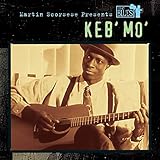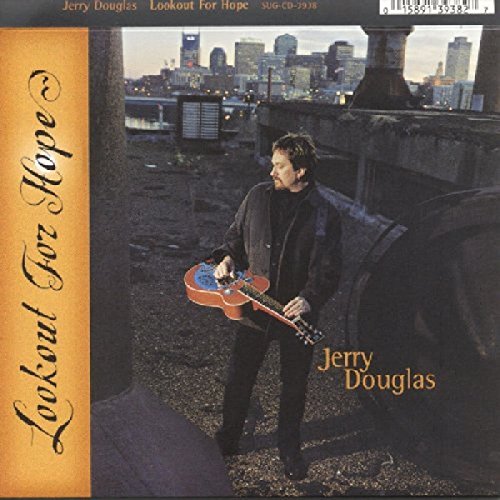 Here's the scoop: I got this movie for Christmas, 11 months ago. And I just watched it for the first time, 2 days ago. This delay was on purpose, because I knew I would need some emotional fortitude to make it through the movie...which I still did not have 11 months later. Five minutes after the movie was over, I started crying. Let me explain.
Here's the scoop: I got this movie for Christmas, 11 months ago. And I just watched it for the first time, 2 days ago. This delay was on purpose, because I knew I would need some emotional fortitude to make it through the movie...which I still did not have 11 months later. Five minutes after the movie was over, I started crying. Let me explain.As a movie, To End All Wars is pretty fine. Good acting, good directing, smart writing. As a story, To End All Wars is soul-shaking. This true story is of a mostly Scotch regiment captured and interned in a hellish Japanese POW camp and forced to build the "railroad of death" through the Asian wilderness. The horror of the camp, though, is not the story; this is a story about bitterness and forgiveness.
We follow four captives through their time, seeing them each deal with imprisonment and impending death in different ways. Dusty Miller speaks quickly and often about the Bible and forgiveness; his quoting of Scripture finds far more power coming from his mouth than if it were just printed on the screen and is surprisingly not trite. The sole American, Jim Reardon (Keifer Sutherland) first tries to steal and barter his way to contentment - but he undergoes something of a conversion-by-way-of-maiming experience.
The main characters are Ernie Gordon and Major Ian Campbell. Campbell is the consummate leader/soldier, always planning a suicidal escape mission. Ernie instead takes up Dusty's charge and begins to teach his fellow POWs - things like Plato and Shakespeare and Scripture. The forceful question of the movie is: which is the better way, forgiveness & turning the other cheek, or bitterness and vengeance? [By the way, Ernie is Ernest Gordon, longtime dean of the chapel of Princeton seminary. The movie is based on his autobiographical book Through the Valley of Kwai.]
While justice is never decried or abandoned, the forgiveness and sacrifice of a few men carries far more power and glory than the vengeance of others. As the POWs give of themselves, emotionally and physically, to each other, their souls are fattened (to use more Biblical language) while their bodies are killed slowly.
While it is always good and powerful to be reminded of the sacrifice of so many men so few years ago on our behalf, far more powerful is the vividness of the gospel. I doubt that very many of the filmmakers were Christian, but it is impossible to tell this story without picturing the gospel. By way of contrast, the sacrifice of Christ is shown to be far more glorious and powerful than the vacuous bushido code of emperial Japan or the silly, selfish vengeance of other prisoners.
The movie ends with the real life Ernest Gordon, by now a tall old man, meeting for the first time with one of his Japanese captors. This tiny Japanese man held an umbrella over Mr. Gordon's head as they walked the rows of the POW cemetary. His lips began to quiver with shame and remembrance; Mr. Gordon smiled warmly at him with love and forgiveness. This is where I lost it; so much have I done against a loving God. So many ways have I disgraced and dishonored what is good and lovely. To be forgiven, to know that another life was taken in my stead that I could be delivered, to simply be reminded that I am on the receiving end of sacrifice and mercy - this is the power of the movie.
To End All Wars is rightly rated R. Parts are extremely violent and some images of the movie will never leave you; to describe them would spoil some of the movie, but please decide carefully if you're able to watch this film. It is also peppered with the accurate but corase language of men in a concentration camp.
For all the wincing and the tears, this is a rare find: a soul-fattening movie. In truth, I cannot remember being drawn to such thanksgiving to God by any other film.









